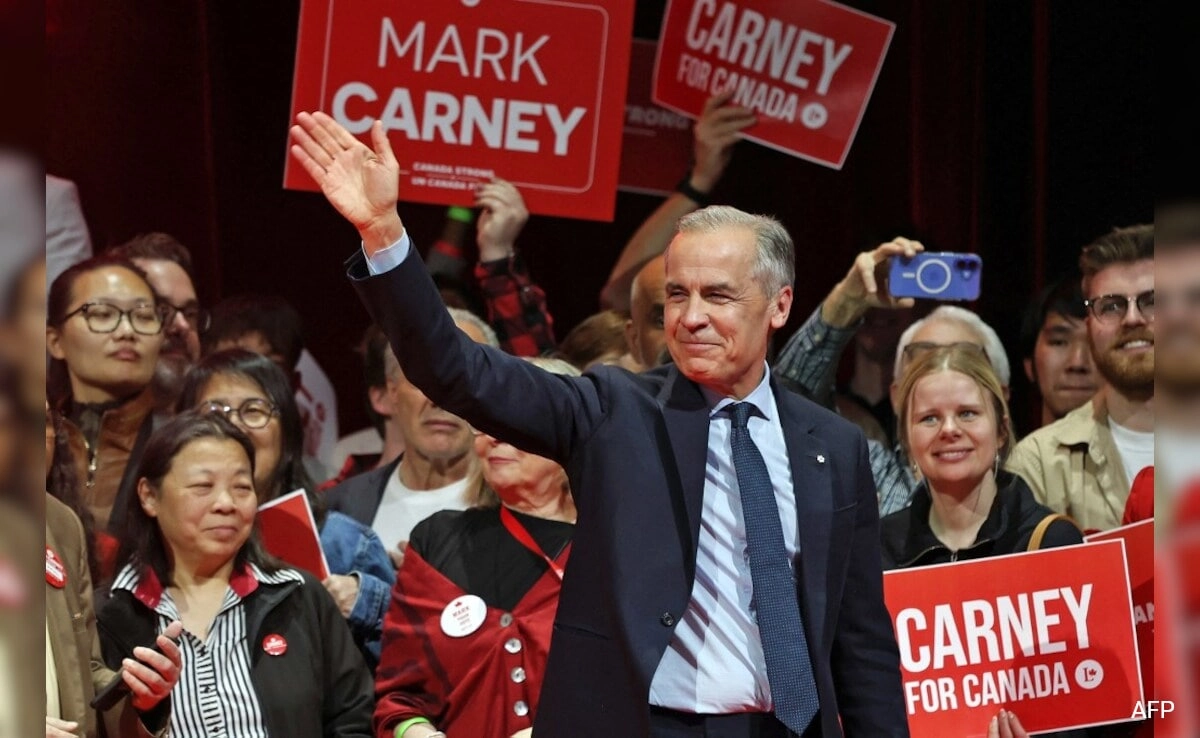In a recent unexpected turn of events, former President Donald Trump orchestrated another spectacle reminiscent of his time in office, this time involving South African President Cyril Ramaphosa. The setting was the Oval Office, a space often associated with serious diplomacy, yet Trump transformed it into a stage for his characteristic bravado. During the meeting, Trump took the opportunity to lecture Ramaphosa on various topics, showcasing his distinctive communication style that blends assertiveness with a touch of theatricality. This encounter not only raised eyebrows but also underscored Trump’s enduring influence and his penchant for turning formal engagements into personal platforms for his views.
The choice of the Oval Office as the backdrop for this interaction is particularly significant. Traditionally, such meetings are characterized by a sense of decorum and mutual respect, where leaders engage in constructive dialogue. However, Trump’s approach appeared to disrupt this norm, as he used the occasion to express his opinions on South Africa’s economic policies and its role in the global arena. Critics argue that this kind of behavior diminishes the seriousness of international relations, as it shifts the focus from collaborative problem-solving to a more confrontational stance. Trump’s tendency to dominate conversations often leaves little room for genuine dialogue, raising questions about the effectiveness of such encounters in fostering international cooperation.
Ramaphosa, known for his diplomatic demeanor, seemed to navigate the situation with a degree of poise, but the dynamics of the meeting highlighted the challenges faced by leaders when engaging with Trump. The former president’s style is often polarizing, eliciting a range of responses from allies and adversaries alike. Observers noted that while Trump’s directness can be refreshing in some contexts, it can also complicate diplomatic efforts, particularly when delicate issues are at play. This encounter serves as a reminder of the unpredictable nature of political interactions, especially when figures like Trump, who thrive on confrontation, are involved.
Moreover, the implications of such meetings extend beyond the immediate discussion. They can influence public perception and the political landscape in both the United States and South Africa. Trump’s ability to draw media attention to his actions ensures that these encounters are not merely footnotes in diplomatic history but rather events that resonate with audiences worldwide. As the global political environment continues to evolve, the significance of personal relationships between leaders cannot be underestimated. Trump’s Oval Office ambush with Ramaphosa may have been just another chapter in his controversial political narrative, but it underscores the complexities and nuances of international diplomacy in an era marked by shifting alliances and emerging challenges.




